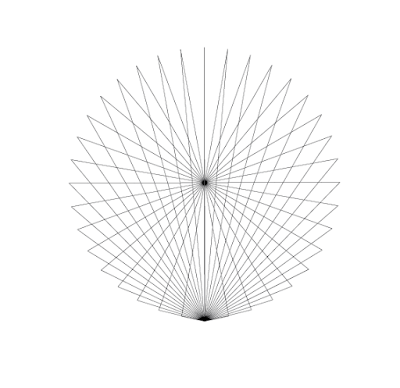Is synonymy transitive?
One might think that this is obviously true: Two expressions are synonyms if they have the same content and having the same content is a transitive relation. This is a direct corollary from a more general principle that if we define a relation by an identity (or in general, we have a relation that is equivalent to some identity), the relation will inherent from the relevant identity its structural features, including transitivity. In other words, for every R if there is an F that R(x,y) =def F(x)=F(y) then R is transitive. This applies not only to the definition of synonym as sameness of meaning, but also to the definition of synonym as substitution salva veritate : φ is cognitively synonym to ψ if and only if, for all allowed sentential contexts χ[. . .], we have χ[φ] iff χ[ψ]. Here, the double conditional in the final equation hides also an identity (of truth value). This can be made explicit thus: φ is cognitively synonym to ψ if and only if, for all allowed sentential con









.jpg)
%2012.03.49.png)